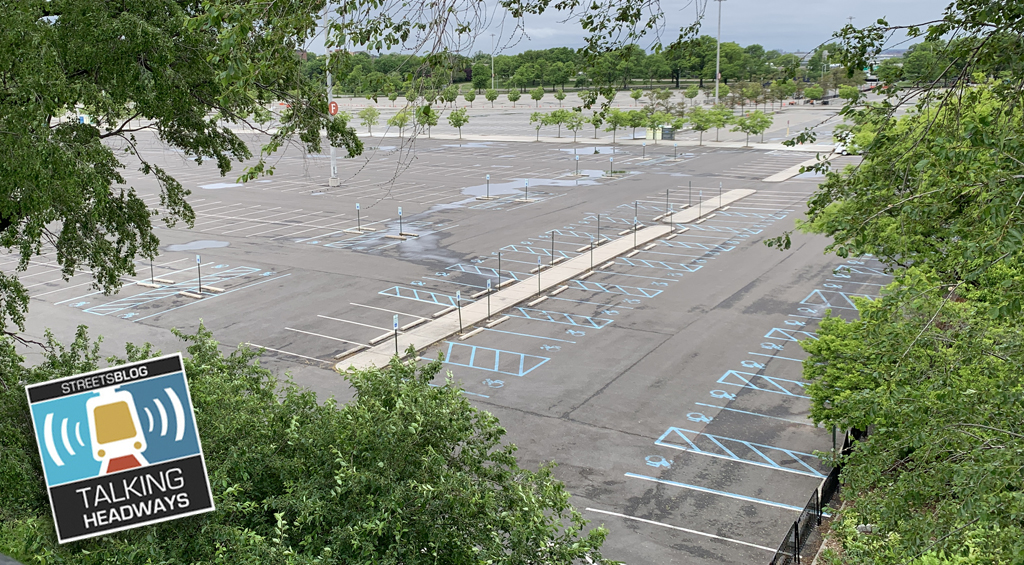We wrote a couple of months back about how Amsterdam prioritized people over cars only after ceding city streets to motor vehicles. Today, David Hembrow at A View From the Cycle Path has more on that subject.
As in the U.S. and other European countries, people race cars in The Netherlands. "Dutch people like cars a lot," writes Hembrow. "They also like bikes." Hence the sight of Dutch people riding bikes to -- and on -- the racetrack in Hembrow's video.
In other places, car culture grew at the expense of cycling. The difference between The Netherlands and those places is that the Dutch chose to develop infrastructure that preserved and enhanced the safety and convenience of riding a bike, Hembrow writes:
It is sometimes forgotten by campaigners elsewhere that the Dutch cover 3/4 of all their km traveled by private automobile. There are enough cars and there is enough driving in the Netherlands that cars could be utterly dominant to the extent that they make cycling unpleasant. Indeed, that situation had already arisen by the 1970s in the Netherlands, when people owned far fewer cars than they do today. Domination of cars led to an increase in cyclist injuries and a steep decline in cycling.
Dutch people now cycle for a higher proportion of journeys than people of any other country not because cycling is "in the culture" but because cycling to almost any destination is possible without having to deal with motorized traffic. Dutch cycling infrastructure has made it possible for cycling to survive alongside a rise in motoring, removing danger and noise and enabling journeys to anywhere by bike, even motor racing circuits.
Go back a few decades and you'll find that British people cycled for a higher proportion of their journeys than Dutch people do now. As cars came to dominate roads, the UK suffered the same steep decline as the Netherlands did, but because no measures were taken to prevent that decline the decline continued. The same happened across most of the world. For instance, in New Zealand.
Nations once thought to have "cultural" cycling can suffer declines just as well as can those where cycling was forgotten about decades ago. Twenty years ago, Denmark stopped emphasizing cycling, bringing about a decline. The fastest decline in cycling ever seen is that happening now in China, where cycling was once far more significant than in the modern day Netherlands.
Elsewhere on the Network: The Urbanist and PubliCola (via Seattle Met) have updates on Seattle’s affordable housing plan; Human Transit has an epic thinkpiece about how different transit agencies in the same region should coordinate without merging into a giant new entity; and TheCityFix says that to reduce traffic deaths, cities in India will have to redesign streets to slow speeding drivers.





